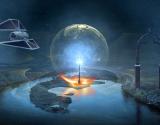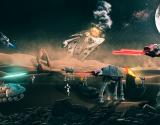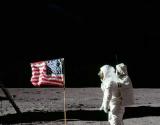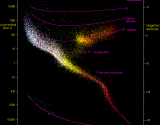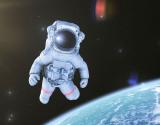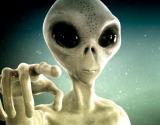The Science and Technology Section of the Institute of Catalan Studies organizes the conference «A historical perspective of astrometry. How do we measure the distance to the stars?», Which will be given by our astronomer Xavier Luri on Thursday, October 22, 2020, at 6.30 p.m.
The conference can be followed through the IEC YouTube channel or through the Zoom platform, which allows you to participate in question time, both in writing and orally, at the following link: https://us02web.zoom.us/j/
Summary
Astrometry is the part of astronomy that is responsible for studying the position and movement of the stars. It is a very old discipline and, in fact, for many centuries astronomy as science was essentially astrometry: the work of astronomers focused on measuring the positions of the stars, and the main tools at their disposal were the astronomical catalogues and the compilations of positions and magnitudes of stars and planets. The oldest catalogues date back to Mesopotamian culture. Throughout history, many civilizations have contributed to completing and refining these data collections, to the point of reaching the limit of the technological capabilities of each period - the predecessors of big data or big data. Towards the beginning of the 20th century, it was believed that the limit of what could be done had been reached, and astrometry seemed a closed discipline. However, access to space and in particular two missions of the European Space Agency (ESA), revived astrometry and have revolutionized astronomy: Hipparcos and Gaia. In this conference, we will make a historical review of astronomy and we will focus on the results of the Gaia mission, which is discovering our galaxy with an unprecedented degree of detail.
About the author
Xavier Luri is a professor at the Faculty of Physics of the University of Barcelona and director of the Institute of Cosmos Sciences. He is part of Gaia's research group at the ICCUB, where he researches on the processing and analysis of Gaia's data, and also on the design and implementation of mission archive operations. In orbit since 2013, the mission of the European Space Agency Gaia aims to make a detailed map of our galaxy. You can read the latest news on Latest of Gaia.


